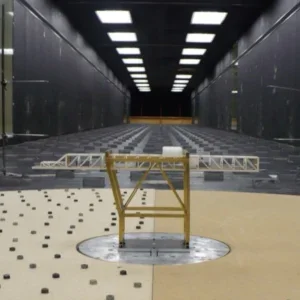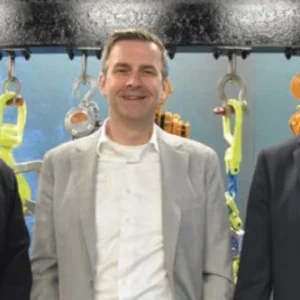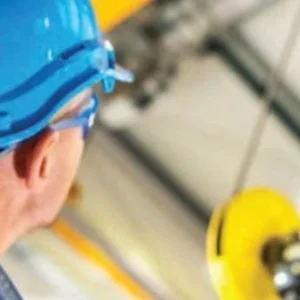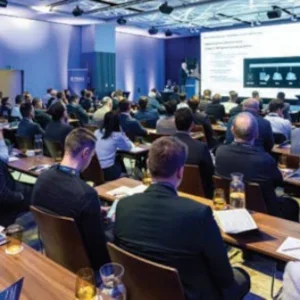“For industrial SMEs with their many high-tech solutions, this change in Europe can become a major business opportunity – if the proposed measures are implemented correctly. But this requires courageous political decisions. "Fit for 55" can only succeed if, for example, planning procedures for plant and infrastructure expansion are drastically shortened and significantly more sites are made available,” says Rauen.
“Without a strong and rapid expansion of renewable energies, we will not achieve the envisaged climate targets – it is therefore right and important that the Renewable Energies Directive is now being revised by the EU Commission with this in mind.
“Even the goal of achieving a leading role worldwide in Europe and Germany in the industrial use of hydrogen is only on paper for the time being.”
The "Fit for 55" package also contains a heavy burden for the mechanical and plant engineering industry. De facto, the Commission's proposals herald not only the end of fossil fuels, starting in 2035, but also the end of the internal combustion engine.
"Our study Drive Systems in Transformation has already determined a loss of 180,000 jobs in the powertrain value chain for an assumed end of the internal combustion engine in Europe in 2040 – and that was the 'best case'," adds Rauen. "With its proposal, the Commission is now laying the axe to a significantly higher number of jobs."
The extreme shortening of the transformation time to 2035 that is now envisaged will make the creation of new jobs in battery cell production, for example, even more challenging.
"A European competence in the production technologies of alternative drives such as battery cells, fuel cells or hydrogen engines must now be developed all the more urgently. Importing non-European production technologies would be too short-sighted," warns Rauen.
VDMA also criticizes the Commission for abandoning the path of technological neutrality and unilaterally focusing on the extensive electrification of all sectors of the economy. As a consequence, the development of synthetic fuels from green electricity is literally in danger of being sidelined. However, the so-called eFuels are irreplaceable as a climate-neutral alternative to conventional diesel fuel, especially for aviation and shipping, as well as for many applications in mechanical engineering (construction machinery, agricultural technology).
"What is also disappointing is the far too hesitant market ramp-up for eFuels in aviation – a sector that is actually named by the Commission as the ideal application for synthetic fuels," adds Rauen. "The climate targets in the transport sector cannot be achieved with these technologically one-sided guiding principles.”






